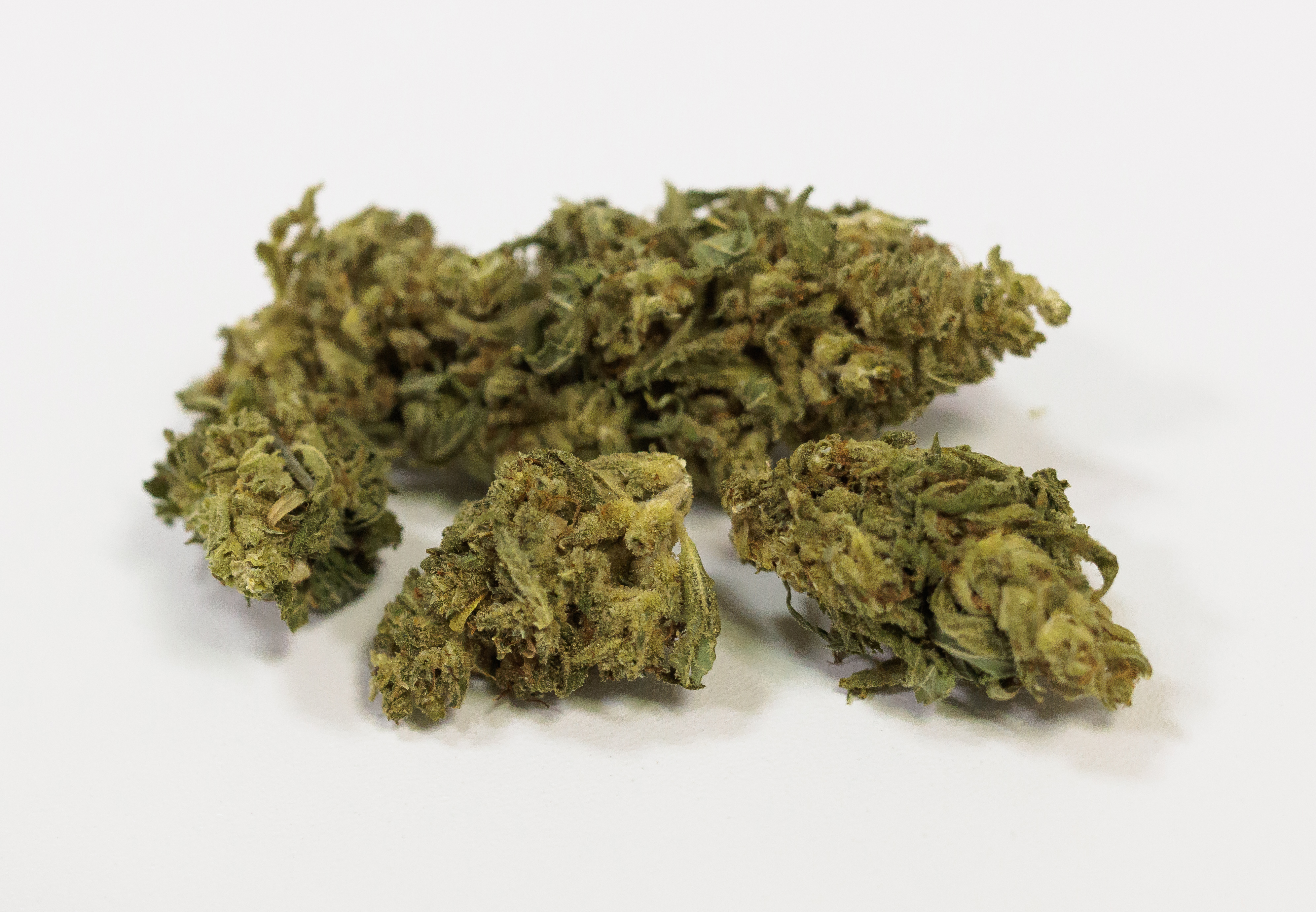The parents of a 14-year-old Maryland girl who died in December are suing the California company that makes Monster Energy Drink, claiming caffeine in the product contributed to her death.
Hers is one of five deaths and a non-fatal heart attack the U.S. Food and Drug Administration is investigating in connection to the energy drinks.
Anais Fournier, of Hagerstown, Md., went into cardiac arrest after drinking two 24-ounce Monster drinks within a 24-hour period, according to a complaint filed Friday in California Superior Court in Riverside.
"She was upstairs watching a movie with her boyfriend, and he came running down and said, 'There's something wrong with Anais," her mother told WRC-TV in Washington, D.C.
Fournier was rushed to the hospital but never regained consciousness. She was later pronounced dead.
Investigations don't prove the drinks caused the deaths or Fournier's heart attack, FDA spokesperson Shelly Burgess said.
Corona, Calif.-based Monster said it doesn't believe its beverages are responsible for any deaths.

An autopsy found that Fournier died of cardiac arrhythmia due to caffeine toxicity that impeded her heart's ability to pump blood. She suffered from an inherited disorder that can weaken blood vessels.
Health
Fournier's mother told WRC-TV that her daughter was screened regularly and was never given any caffeine restrictions.
She said she wants to see the FDA regulate energy drinks. Currently, it does not limit the amount of caffeine in energy drinks, or who can purchase them.
"It could be somebody else's daughter, somebody else's son," she said.
A Mayo Clinic study found that two 24-ounce cans of Monster Energy Drink contains 480 miligrams of caffeine, the equivalent of five eight-ounce cups of coffee.
"Having coffee and staying awake is one thing, but drinking multiple cans of highly caffeinated beverages without knowing how much caffeine you're actually consuming is a dangeous activity," said Amelia Arria, a medical researcher at the University of Maryland.
Arria believes the FDA needs to take a tougher stance on energy drinks, escapecially when it comes to kids "because they're smaller; they can't handle a large amount of a psychoactive substance," she said.
The American Beverage Association says it's adopted voluntary guidelines for manufacturers, which includes clearer labeling and more restrictive policies regarding marketing to children.
Monster says it will vigorously fight the lawsuit.
"As a company, we vehemently deny that drinking two cans of Monster Energy by itself can cause a death from caffeine toxicity," the company said in a statement to WRC-TV. "Two 16-ounce cans of Monster Energy Drinks contain less or a similar amount of caffeine than one 16-ounce cup of filtered coffee from the leading coffee house."
The company's shares plunged $7.59 (14.23 percent) to $46.12 in trading Monday.



